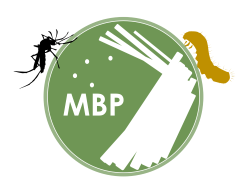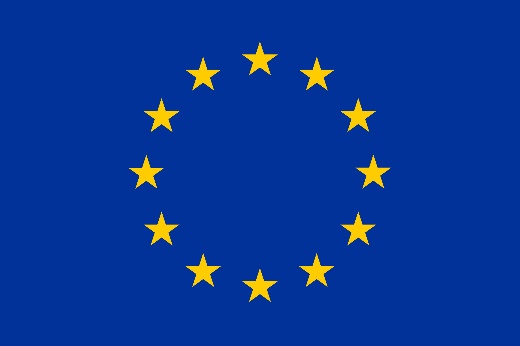Professor George Dimopoulos
Adjunct Researcher, ERA Chair IMBB-FORTH
Email address: This email address is being protected from spambots. You need JavaScript enabled to view it.
Phone: +1 443 287 0128
Lab web page: http://www.dimopoulosgroup.org/
Dr. Dimopoulos received a BSc in microbiology from Stockholm University in 1990, a PhD in biology from the University of Crete in 1996, and his MBA from Johns Hopkins University Carey Business School in 2008. He performed postdoctoral training at the European Molecular Biology Laboratory in Prof. Kafatos laboratory between 1996 and 2001, he was a Senior Lecturer at Imperial College London between 2001 and 2003, and then joined the faculty at Johns Hopkins University Bloomberg School of Public Health, Molecular Microbiology and immunology Department and the Malaria Research Institute. He was promoted to tenured professor in 2011, and serves as a deputy director of the Malaria Research Institute and director of the Parasite Core facility. Dr. Dimopoulos is an elected member of the Alpha Chapter of the Delta Omega Public Health Honor Society, and a member of the American Academy of Microbiology. Dr. Dimopoulos’ research program broadly focuses on the innate immune systems and microbiomes of the mosquito disease vectors Anopheles and Aedes, and how these can be harnessed to attenuate transmission of malaria and arboviral diseases. His group has pioneered in studies of how mosquito immunity and microbiota influences Plasmodium and arbovirus infection virus infection. Dr. Dimopoulos’ research aims at understanding the biology of mosquito – pathogen interactions to develop novel intervention strategies. The basic science, which addresses a largely unexplored area of the tripartite interactions between parasitic or viral pathogens, the insect’s innate immune system and microbiome, is coupled to innovative translational research that aims at vector-borne disease control. His research has elucidated mechanisms by which the insect can recognize pathogens. It has clarified the innate immune pathway –specificity in controlling infections with Plasmodium, dengue and Zika virus, and discovered a variety of effector molecules that kill the parasite and mediate virus inhibition. His research program has entered a translational phase by genetically manipulating mosquito vectors to confer resistance to the human pathogens. His research team has also showed that the naturally occurring microbes of the mosquito intestine can directly and indirectly influence the mosquito's susceptibility to infection with human pathogens, as well as mosquito viability. Microbe-produced molecules mediating Plasmodium and virus-blocking, and mosquito killing, have been identified and are being pursued for the development of novel vector borne disease control strategies.




